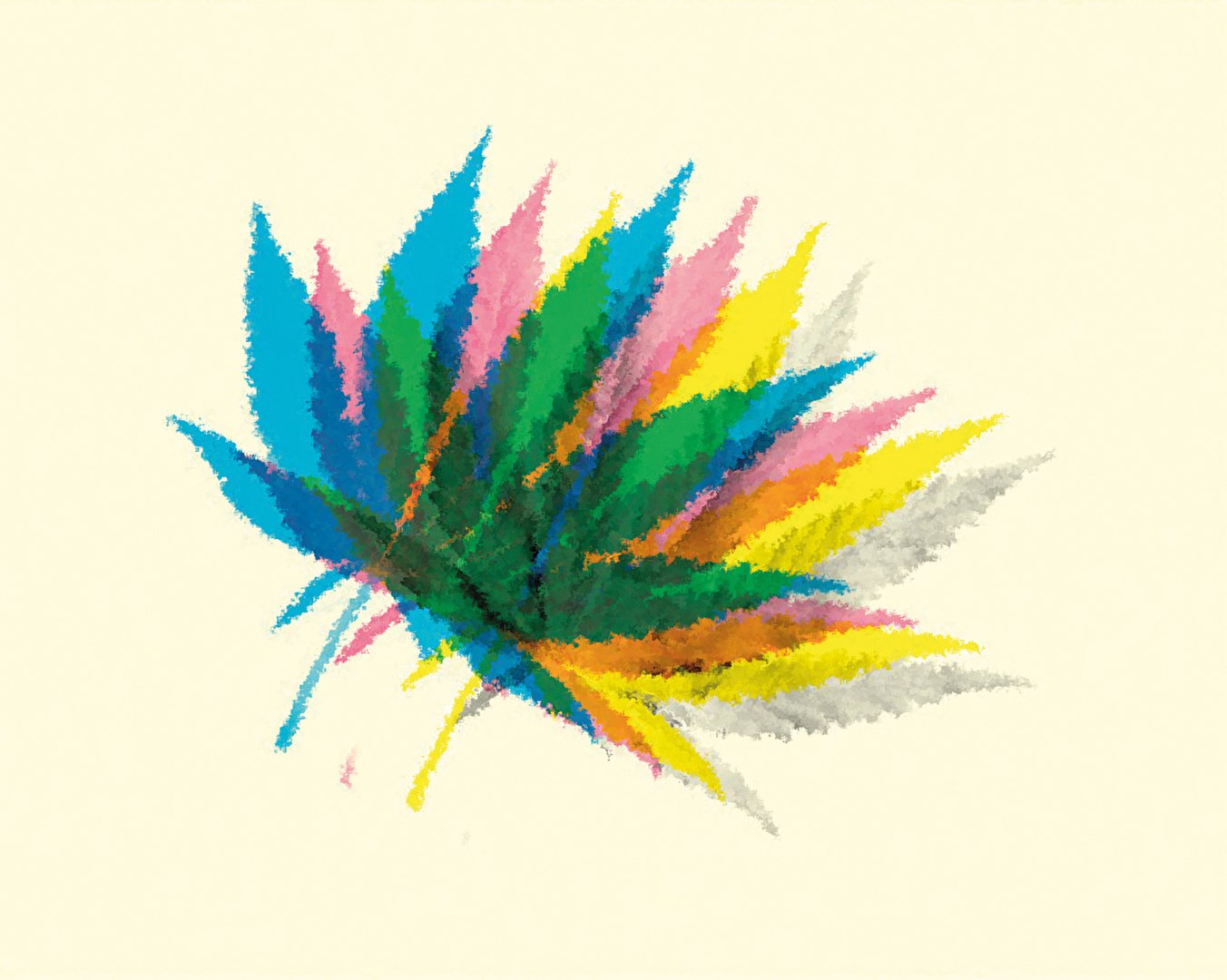
War on drugs and its consequences - War or Peace?!
22.07.2016Georgia’s repressive and strong-armed drug policy often feels like an uneven struggle between the state and its citizens. Law enforcement bodies are mainly occupied with the persecution, intimidation, blackmail and detention of drug users.
In 2013, 13 572 people were fined for administrative offences relating to drug use, with fines totaling as much as 6 786 000 GEL. In the same year, 6 456 individuals were sent to prison for drug-related offences, with 96.5% of them charged under articles 260 (illegal possession) and 273 (repeated use) of the Georgian Criminal Code.
44.8% of those charged with drug possession received the same sort of sentences as those charged with murder or rape.
Apart from prison terms, the state also forces defendants to pay out huge amounts of money in fine and in plea bargaining. Possession of even small amounts of 147 out of 207 illegal substances results in the strictest penalties.
This means that people are serving 5 to 8 years in jail thanks to the smallest traces of drugs found in empty syringes and rolls of paper.

The Third Progress Report on Georgia’s Implementation of the Action Plan on Visa Liberalization delivered to the European Parliament and European Council in May 2015 says the same thing: “The national drug policy remains based more on retribution than restorative action.”
The state’s attitude towards its citizens is revealed by simple statistics. Every year, urine tests are carried out on 45 000 people, with only 35% of them showing any evidence of drug use. These urine tests costs the state 17 000 000 GEL every year – a totally unjustifiable expenditure.
There is a global consensus in the modern world that repressive drug policies are inefficient.
During a UN session held in April 2016, the world’s leading nations unanimously recognized the negative impact of the war on drugs – including the unprecedented rise of drug cartels, illegal trading in narcotics and rising levels of violence. Kofi Annan, former Secretary-General of the UN and now member of the global Commission on Drug Policy, has urged governments to find humane and efficient ways to control and regulate the use of drugs, saying that ‘the criminalization of drug use should be replaced with public health approaches.”
Chile, Columbia and Ecuador have all decriminalized persona drug use, while Uruguay plans to create a cannabis industry. As a result of decriminalization in Portugal, heroin use has decreased by 50%.
Meanwhile, drug use in Georgia hasn’t decreased under the country’s current repressive drug policy. On the contrary, the number of problematic users has increased from 40 to 45 thousand. That fact that the state has made access to various substances more difficult doesn’t mean that users have stopped using them. They have simple moved on from public visibility and gone underground, looking for and creating new substances to abuse (such as ‘Krokodil’, a home-made form of desomorphine, methamphetamines etc), which are far more damaging to the user’s health than traditional drugs.
Decriminalization doesn’t mean that the amount of drugs in circulation increases. Rather, decriminalization means fighting against drug cartels and the black market, hindering the production and spread of more dangerous, homemade drugs.
New policies should be based on an effective regulatory mechanism, where the main focus will be on the wellbeing of individuals and society.
Finally, let’s pose the question quite simply: Who and what is the state fighting against? Is it fighting drug addiction as a problem, or is it fighting the people themselves who use these various substances? The Preamble to the Georgian Constitution defines Georgia as a ‘social state’, and yet there are still no public health programs for drug-dependent individuals. There are no social projects promoting the benefits of healthy living. The state is essentially refusing to care for its citizens, fighting against people themselves.
The state is using force against citizens and – odd as it may sound – using their own biological material against them.
And what happens when a state resolves to using force against its own people? We all remember the Rose Revolution, and we remember the Broom Revolution of 2012, and if the Georgian government continues to view drug users as criminals and refuses to make changes to the law, then we can assure them that they will fall in a “Urine Revolution” – no more, no less. So, the real choice we as a country – both people and government – is a very simple one: war or peace?!
ეს სტატია მხოლოდ გამომწერებისთვისაა. შეიძინე შენთვის სასურველი პაკეტი



